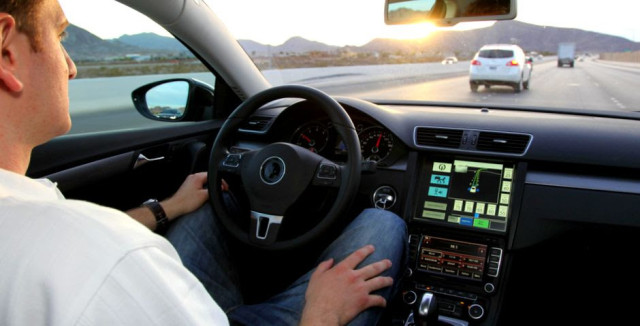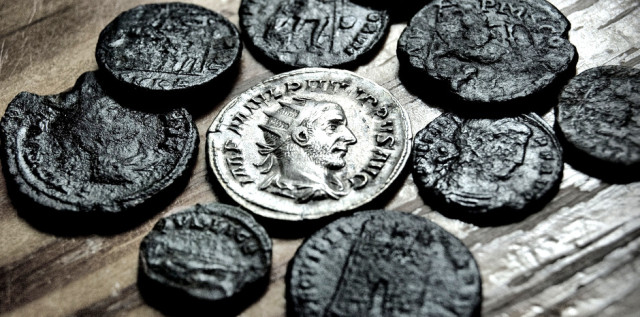From Bitcoin Skeptic to Evangelist by Amanda B. Johnson
Bitcoin evangelist, FEE’s director of digital development, and Liberty.me founder Jeffrey Tucker was not always a Bitcoin believer. He initially struggled with how a non-tangible item could possibly qualify as money, much less “sound money.”
But Bitcoin’s persistence as a medium of exchange kept Tucker on a fiery path of research which eventually lead to a crypto-romance that everyone in the libertarian world is familiar with.
Bitcoin.com (BC): What and when was your first experience with Bitcoin?
Jeffrey Tucker (JT): It was 2011 when I first started receiving submissions on Bitcoin, to be published on an economics website. I couldn’t understand the technical details, and I was biased against it. I didn’t believe you could make money from code. So I turned them down. Big mistake.
And that’s where I stood until February 2013. A group of bitcoiners surrounded me and made me an owner. My doubts began to fade. I later spent some Bitcoin online. That experience converted me. Over the following months, I wrote a dozen or so articles on the topic.
I was surprised that I was pretty much alone in my opinions in my neck of the woods. I received a torrent of criticism.
Part of the problem for me intellectually is that while I was convinced Bitcoin was real, I didn’t really have a handle on the source of its value. It took me another year to figure out that puzzle. I’m finally satisfied that I’ve figured it out.
In the early days after actually becoming a Bitcoin owner, I finally had to ask myself whether I would believe my own theories or the evidence of my experience. I went with my experience, and that caused a shift in my own thinking.
I got a hard lesson in humility: markets are indeed smarter than intellectuals.
This is why no one should ever stop looking outside the window and observing the way the world works. Markets are our best teachers.
BC: As an economist, you report that you struggled with the ’moneyness’ aspect of bitcoin for two whole years. Briefly describe the Austrian theory of money, your initial response to Bitcoin’s having value as money, and the eventual conclusion you reached as to why it meets Austrian theories of money.
JT: I had long believed that the only possible money that could enter the world had to grow organically from bartered goods. As I began to reread in the market literature — Menger, Mises, Rothbard, Hayek — I realized that they never said this precisely. What they said is that money emerges from exchange involving goods with use value. It didn’t have to be barter, and it didn’t have to be physical goods. The source of value emerged from people actually using something, and that can be a good or a service.
This is where it clicked for me. The Blockchain has enormous use value.
Once that became obvious, the monetary marker that caused the Blockchain to work — namely Bitcoin — became the expression of that value, and hence money.
Further, I found that all these thinkers had anticipated that moneyness doesn’t happen overnight. It comes about gradually through entrepreneurial experience. Something can work as money in one place but not in another, for some transactions but not for all. This is precisely the experience of Bitcoin. It is following the same path as every other money in history. It is not different in that sense. Bitcoin brings the efficiency of advanced technology to one of the world’s oldest institutions.
BC: In your book Bit by Bit: How P2P is Freeing the World, you describe commercial transactions as literal acts of love. Explain.
JT: Love is the coming together of two people with volition and intention, and the results of love are always greater than the sum of the parts that go into creating it. The value of each is multiplied in the cooperation of spirits.
If one person defects, the love ends. It is the same with trade. We own. We exchange. The results are that each person is better off.
But in order to realize this enhanced state of being, you have to have the volition of each party engaged. That’s when the magic takes place. Even though nothing in the physical world has changed, you enter into a new state of mind where a new level of valuation exists. That’s a very beautiful thing, and the least appreciated merit of an exchange economy.
BC: Some have likened Bitcoin to a gun – a tool that’s just as useful for doing evil as doing good. Do you think this comparison is accurate? Why or why not?
JT: I suppose the same can be said of knives, rope, or bricks. It’s a bit of a trivial point. The main thing is that we need a monetary technology always. And we need one that is keeping up with technological trends.
Our national monies are extremely old fashioned, having been nationalized for 100 years, while our payment systems are half a century out of date. This is unsustainable. Bitcoin has been invented and won’t be uninvented. It is on an inexorable march toward mainstream acceptance.
BC: You seem to agree with Roger Ver that large modern wars have been the direct result of the monopolization of money by central banks. But many disagree that privatized money like Bitcoin will do anything to prevent wars. Why are they wrong?
JT: If Bitcoin is to prevent wars, a number of things need to happen. National monies will have to keep up their near universal use and surrender to cryptocurrencies. I can see this happening, but that future is way down the road. National monies will not entirely disappear of course, not under any scenario. They will always be used for taxes, always be spent by governments.
But reduced circulation of the dollar does make it less effective as a tool for funding large-scale spending programs via inflation. And let me say this too: there is no question that central banking and total war are linked.
BC: Bitcoin is in the larger category of distributed networks, which your book describes in detail. How do you see the world changing in light of the advent of the distributed network?
JT: Distributed networks change so much, perhaps everything. As capital, it is not owned by any one institution, which is amazing. And yet it puts massive economic power into the hands of the individual. The great economic debate really came down to: which is worse, big government or big corporations? That’s a terrible way to frame the debate but we weren’t able to avoid it.
Maybe that won’t be the main question in the future. Maybe the question will be: which is better, universal and distributed capital or centralized institutions of all sorts? We can win this one. It changes the political dynamic. Suddenly everyone has so much to lose from the continuation of monopolization policies.
BC: For those who’d like to understand more of the sound money and property rights theories (i.e. Austrian) as they apply to cryptocurrency, what further reading do you recommend?
JT: I would strongly suggest F.A. Hayek’s “Denationalization of Money” from 1974. I think that’s the best. Satoshi’s White Paper should be reread every few months. Then I would recommend Murray Rothbard’s What Has Government Done to Our Money?
This interview is reprinted from Bitcoin.com.
Amanda is the writer and kindly host of The Daily Decrypt.

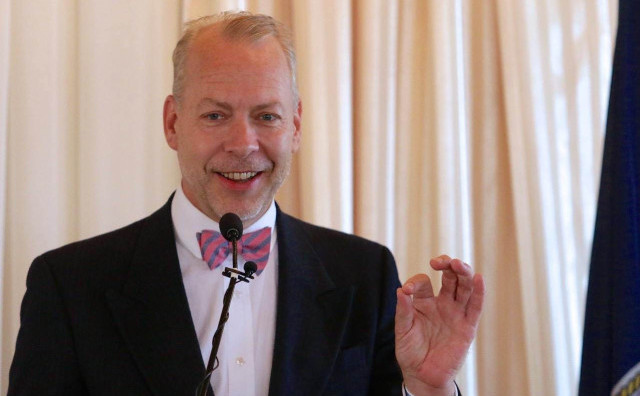

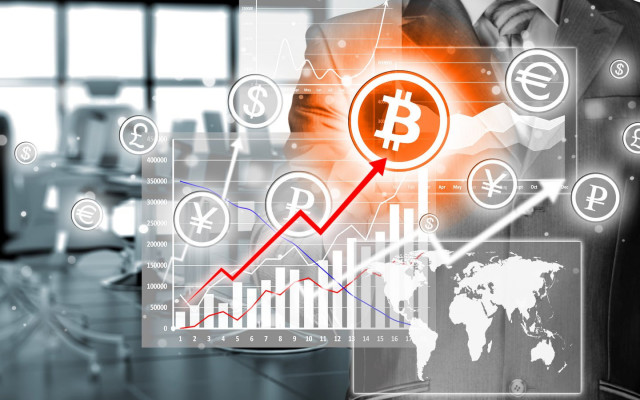

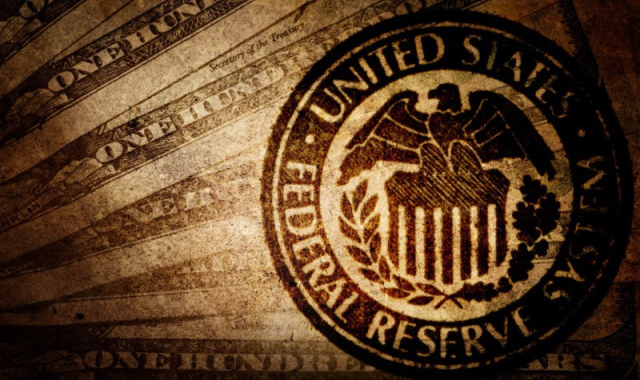



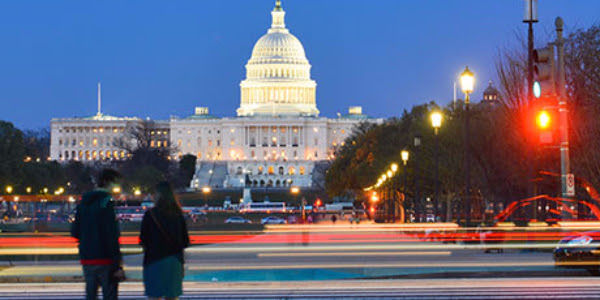



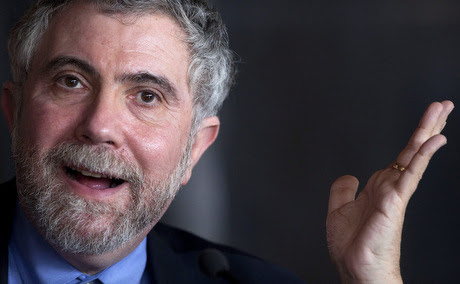





 As a result, Athens has really and truly run out of money, and they will default on their debts starting tomorrow — and the European Central Bank has said
As a result, Athens has really and truly run out of money, and they will default on their debts starting tomorrow — and the European Central Bank has said 
